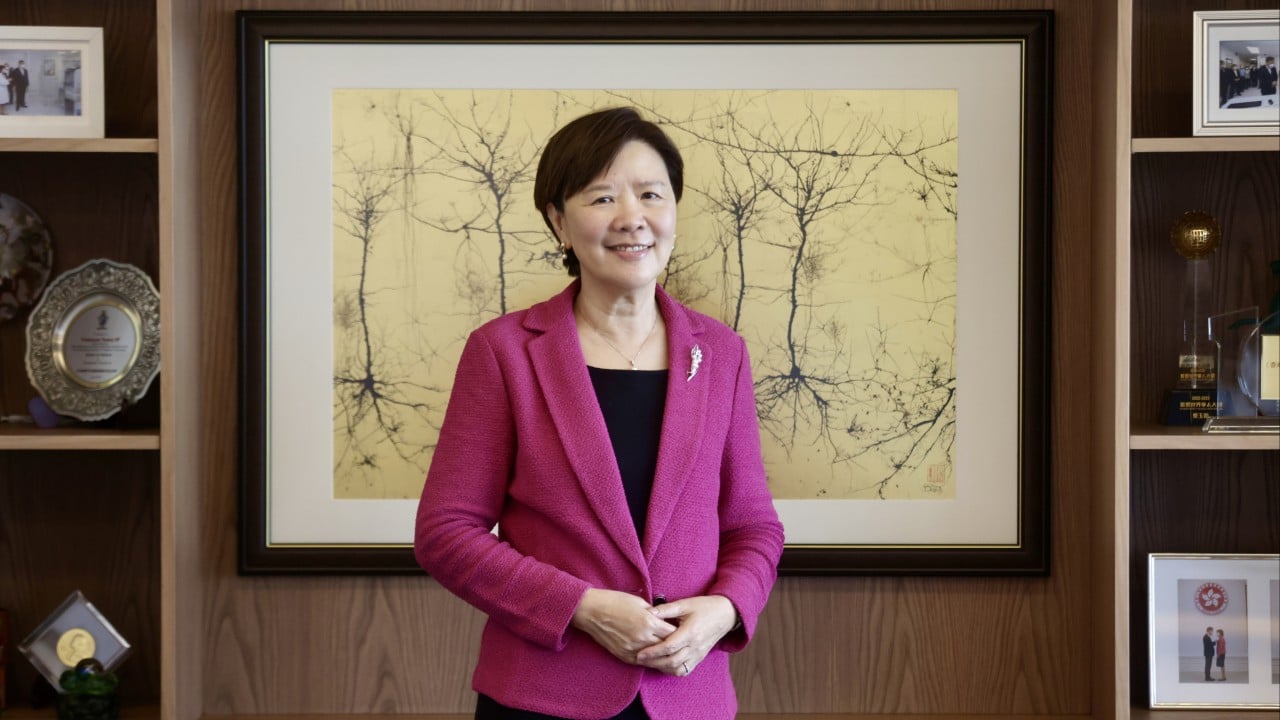HKUST president Professor Nancy Ip Yuk-yu, a world-renowned researcher on Alzheimer’s disease, said she also hoped the “new generation of doctors” trained by the university would help to alleviate the city’s long-standing shortage of medical professionals. “We need to have medical doctors who can embrace the new technology so that they can provide better patient care,” said Ip, revealing her further thoughts behind the medical school plan in an interview with the Post. The university confirmed its plan for the setting up the city’s third medical school in October, months after reports about it began circulating.
With artificial intelligence (AI) leading the world into a so-called fifth Industrial Revolution – a new phase where humans worked alongside advanced technologies – medical care would also be affected, Ip said. She said, for example, robotics could be used to carry out surgery, AI to track virus mutation, and engineering skills to develop new medical devices or instruments. In conducting research, doctors could also contribute in identifying new molecular targets which helped to develop new drugs for patients.

“We want these doctors to have knowledge of some basic engineering, artificial intelligence, big data analysis and so on,” she said. “So by incorporating these into the curriculum for training the future-ready doctors, I think it’s so important.” Doctors equipped with these skills could also conduct clinical studies, which Ip said was.























